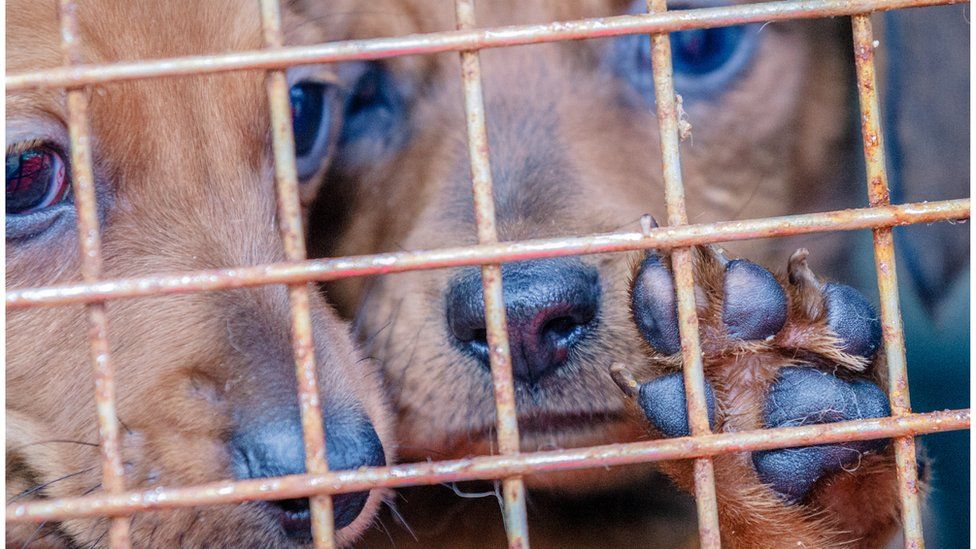ARTICLE AD BOX
 Image source, Getty Images
Image source, Getty Images
By Emaan Warraich
BBC News
Social media firms will be forced to remove content facilitating animal torture, if a new government amendment to the Online Safety Bill passes.
The penalty for not removing the content is fines of up to £18m or 10% of global annual revenue.
Platforms would have to set up systems to tackle content that encourages or facilitates animal torture.
Even if the activity is outside the UK but is seen by users in the UK, tech firms will be made to take it down.
The amendment comes after campaigning by Labour peer Baroness Merron to further strengthen the Online Safety Bill's laws around animal torture content.
Technology Secretary Michelle Donelan claimed the new bill will make the UK the safest place in the world to be a child online, and now will also stop the "proliferation of animal abuse".
"Social media sites must not be used as platforms to promote the sadistic and harrowing actions of some deeply depraved internet users, and today we're taking steps to make sure it is swiftly removed so both animals and users can be protected."
A recent example of online animal abuse was the BBC's year long investigation which uncovered a global monkey torture ring stretching from Indonesia to the United States.
BBC journalists went undercover in one of the main online torture groups, where hundreds of people gathered to come up with extreme torture ideas and commission people in Indonesia and other Asian countries to carry them out.
The sadists' goal was to create bespoke films in which monkeys were abused, tortured and sometimes killed on film.
This demonstrated how social media can be used to pay for or give instruction to others on the torture of animals. The governments proposed amendment aims to force social media companies to tackle this.
The changes will work alongside other recent government amendments to protect children from content showing real or realistic serious violence or injury against an animal.
The much-delayed Online Safety Bill - a new set of laws aimed at protecting children and adults online - is set to become law next month.
It aims to make social media companies more responsible for their users' safety on their platforms.
But Silcom Valley's tech giants have fought back against some of the proposals and this week the government was denied it was dropping plans to force apps to access users' private messages.
Platforms like WhatsApp, Signal and iMessage say they cannot access or view anybody's messages without destroying existing privacy protections for all users, and have threatened to leave the UK rather than compromise message security.

 1 year ago
20
1 year ago
20








 English (US)
English (US)